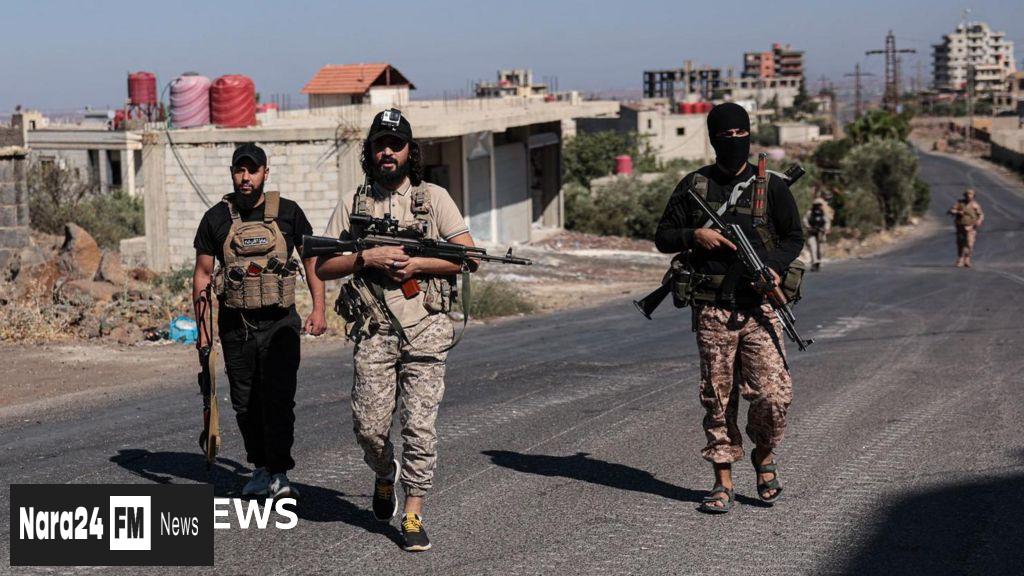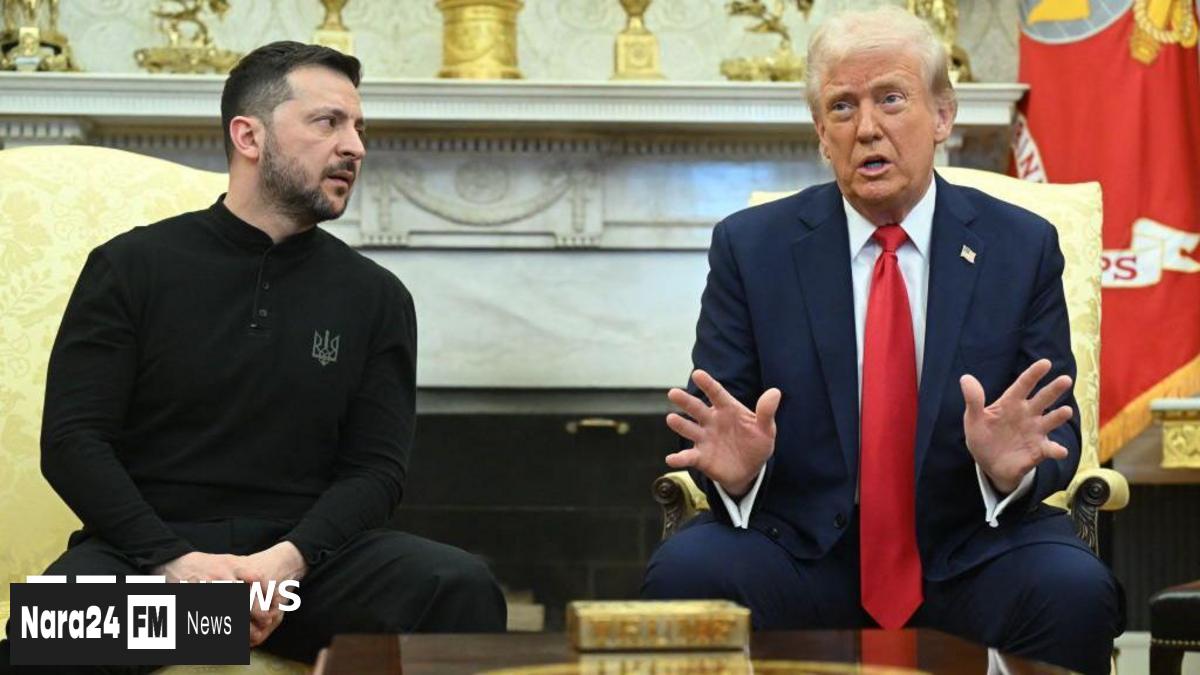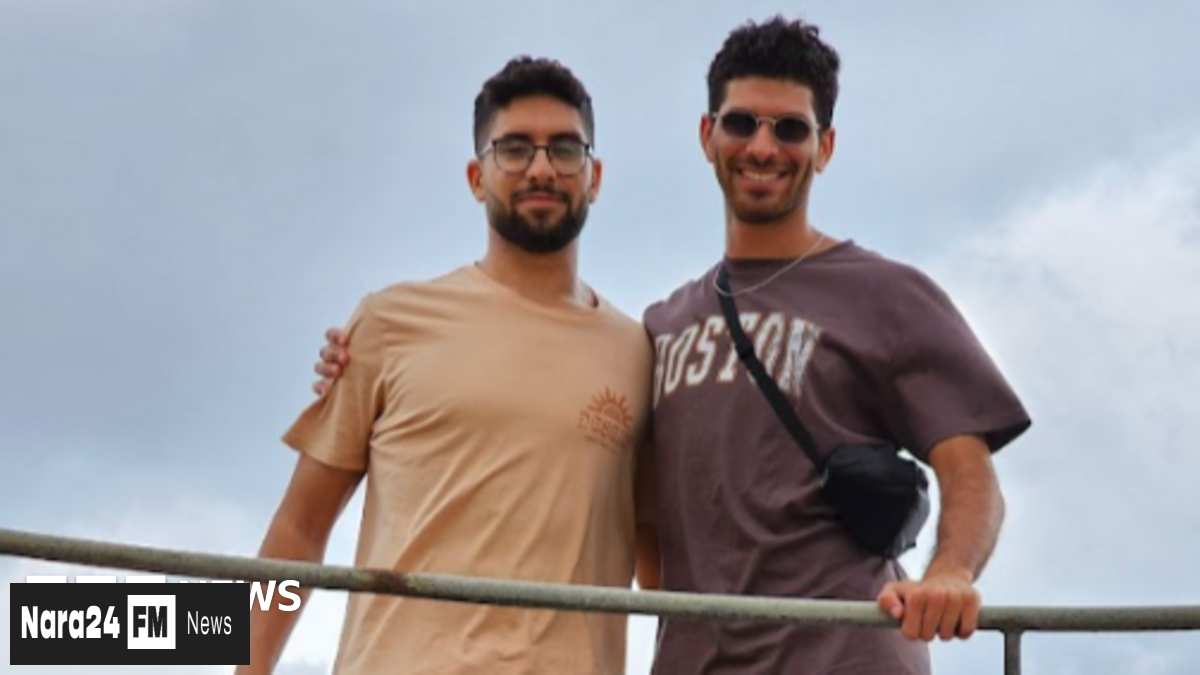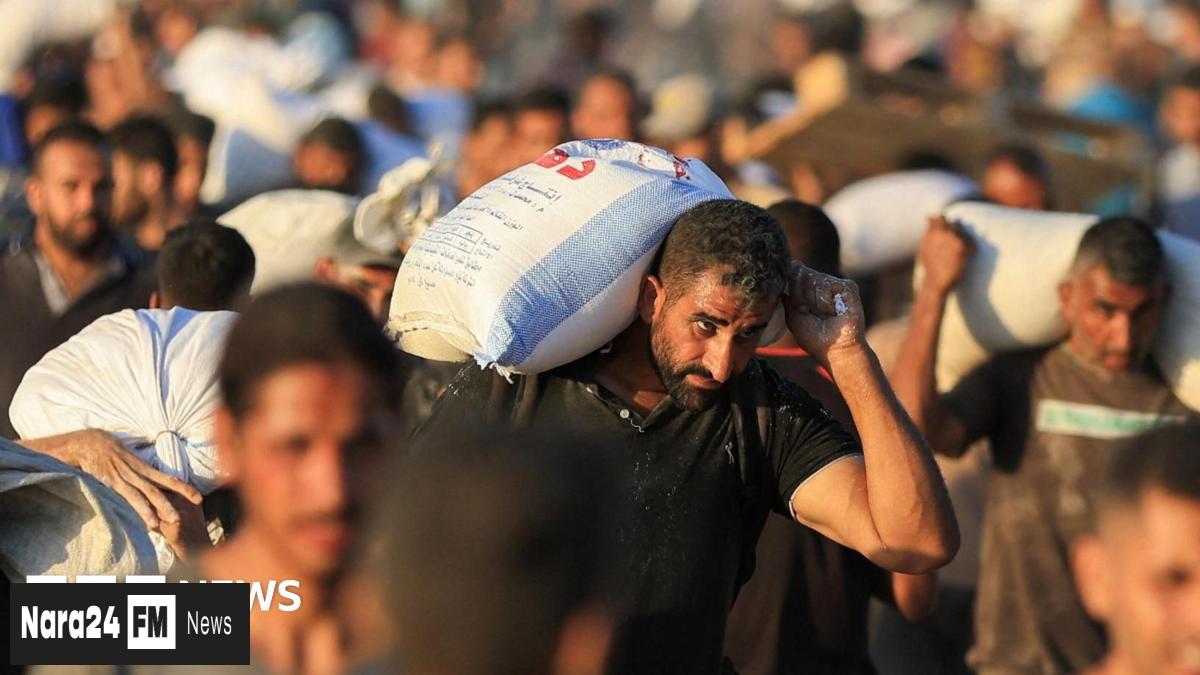In This Article
- Syrian Government Announces Immediate Ceasefire in Suweida
- Escalation of Sectarian Clashes and Casualties
- Syrian Security Deployment and Israeli Involvement
- International Diplomatic Efforts and Reactions
- Human Rights Violations and Calls for Accountability
Key Takeaways
- Syria has declared an immediate ceasefire in Suweida to halt a week of deadly sectarian clashes between Bedouin tribesmen and the Druze community.
- The violence has resulted in at least 940 deaths since it began, according to the Syrian Observatory for Human Rights.
- Syrian internal security forces have been deployed to Suweida to quell the violence, with Israel reportedly approving the move on the condition that the Druze community is protected.
- Israel has expressed skepticism about Syria's commitment to protecting minorities, describing the situation as 'very dangerous'.
- UN human rights chief Volker Türk has called for an end to the bloodshed and accountability for widespread violations, including summary executions and arbitrary killings.
The Syrian presidency has declared an "immediate ceasefire" in the southern city of Suweida, aiming to halt a week of deadly sectarian violence that has claimed hundreds of lives. The clashes, primarily between Bedouin tribesmen and the Druze community, have resulted in chaotic gun battles and reports of atrocities, with graphic images showing bodies littering the streets.
"This moment requires unity of ranks and complete cooperation to overcome what we are all going through," stated Syria's interim president, Ahmed al-Sharaa. However, the effectiveness of the ceasefire remains uncertain, as unverified reports on Saturday indicated that fighting had not yet ceased.
The announcement came as Syrian internal security forces were deployed to Suweida to quell the violence. This move was reportedly approved by Israel, provided that the Druze community was protected. The Druze, a minority group in Syria, Lebanon, and Israel, follow a unique faith derived from Shia Islam and have long distrusted the Damascus government.
Israel intervened earlier in the week, targeting Syrian government forces and the defense ministry building in Damascus in a show of support for the Druze. On Saturday, Israeli Foreign Minister Gideon Saar expressed skepticism about President Sharaa's renewed pledge to protect minorities in Syria. In a social media post, Saar described the situation as "very dangerous" for minorities, a sentiment he said has been "proven time and again over the past six months."
According to the UK-based Syrian Observatory for Human Rights (SOHR), the violence has resulted in 940 deaths since it began on Sunday. The clashes initially erupted between Bedouin fighters and Druze factions before escalating with the involvement of government security forces.
US Ambassador to Turkey, Tom Barrack, announced on Friday that Syria and Israel had agreed to a ceasefire, with support from neighboring countries such as Turkey and Jordan. However, Israel has yet to officially confirm the agreement. Barrack, who also serves as Washington's Special Envoy for Syria, called on all parties to lay down their weapons and work toward a unified Syrian identity.
Meanwhile, reports from the UN human rights chief, Volker Türk, highlighted widespread violations during the clashes, including summary executions and arbitrary killings. Türk emphasized that "this bloodshed and the violence must stop" and called for accountability for all perpetrators.
As the situation unfolds, the international community continues to monitor developments in Suweida, with concerns growing over the safety and rights of minority groups in Syria.








Comments (0)
Leave a Comment
Be the first to comment on this article!